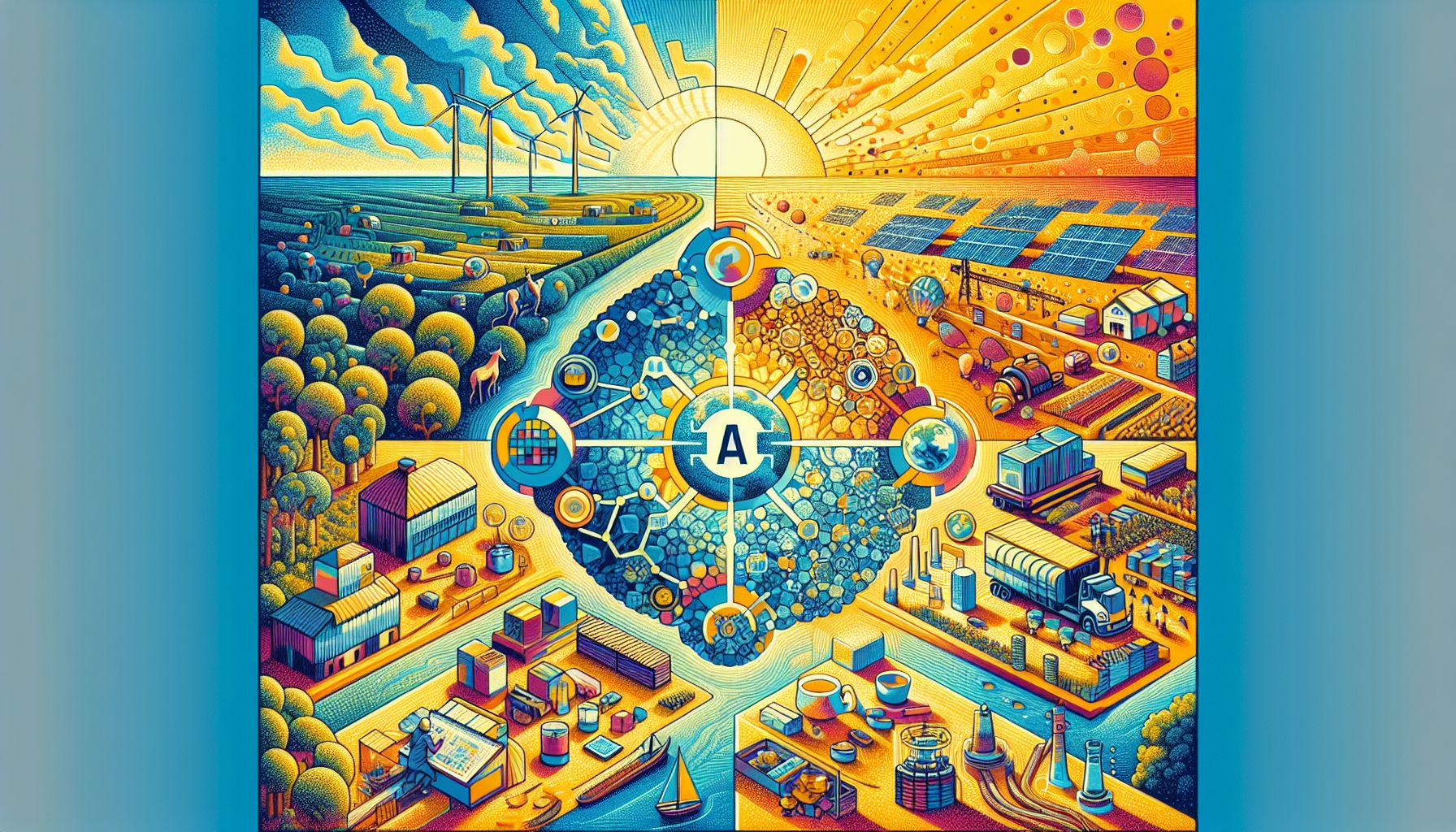AI Advances Promise Cleaner, Resilient Global Supply Chains

The Hague, Monday, 6 January 2025.
Dutch researchers are leveraging AI to enhance the sustainability and resilience of global supply chains, addressing disruptions from climate change and geopolitical tensions, aiming for a cleaner economy.
AI-Driven Solutions for Supply Chain Challenges
As of January 2025, global supply chains continue to face significant pressures from climate change, geopolitical tensions, and industrial actions [1]. In response, advanced AI technologies are being deployed to optimize and protect these critical networks. Recent disruptions, including longshoremen strikes on the US East Coast and Gulf ports, have highlighted the urgent need for technological intervention [1]. The World Economic Forum’s Global Supply Resilience Initiative (GSRI) is leading efforts to enhance supply chain visibility and resilience through AI integration [1].
Breakthrough Technologies Driving Change
Companies like ThroughPut AI are at the forefront of this transformation, offering solutions that can reduce working capital usage by up to 62% and free up to 17% of capacity in supply chains [2]. Their patented approach integrates data sets across entire value chains, enabling faster improvements compared to traditional digital transformation efforts [2]. Similarly, Pelico’s AI platform addresses disruptions that occur approximately every 16 minutes in global supply chains, promising impactful results within 12 weeks of implementation [4].
Real-World Impact and Economic Benefits
The implementation of AI in supply chain management is already showing measurable results. Case studies reveal that global logistics providers have achieved annual savings of $2 million through AI-powered route optimization, while food manufacturers have reduced waste by 18% and improved order fulfillment rates by 12% using AI-driven dashboards [7]. These improvements are particularly significant given that a 2024 Nature Sustainability study predicts an increase in weather-induced disruptions over the next 15 years [1].
Future Outlook and Industry Transformation
As we progress through 2025, the integration of AI in supply chain management is expected to accelerate. Gartner’s ‘Top 10 Strategic Technology Trends for 2025’ emphasizes AI’s transformative role in technology acquisition and implementation [1]. Companies are increasingly adopting these solutions to streamline operations and improve responsiveness to supply chain shocks, with particular focus on the semiconductor sector and other critical materials [1]. This technological evolution represents a crucial step toward building more resilient and sustainable global trade networks.

